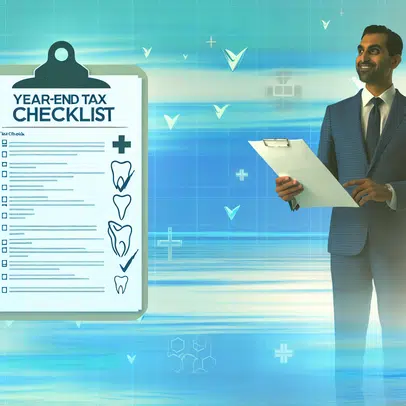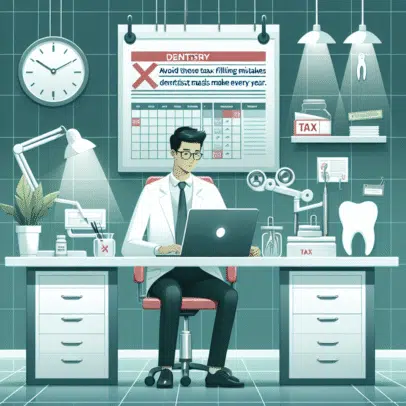How to Track Business Expenses for IRS Audits Effectively
Running a business is exciting, but let’s be honest—no one enjoys dealing with taxes. One of the most common stressors? An IRS audit. If that ever happens, having your business expenses well-organized can save you a lot of time, stress, and possibly money. But how do you actually track everything the right way?
Why Keeping Track of Business Expenses Matters
Think of your expense records like a safety net. If the IRS comes knocking, you’ll want proof of where your money went. More importantly, accurate tracking helps you claim deductions and manage your finances smartly throughout the year.
What Counts as a Business Expense?
Not everything you spend money on is a write-off. To qualify, the expense must be both ordinary and necessary in your line of work. For example:
- Office supplies (paper, printer ink, pens)
- Software subscriptions used for business
- Business-related meals and travel
- Professional services (like a lawyer or accountant)
Bottom line: If it’s helping you run the business, it’s probably worth tracking.
Simple Ways to Track Your Business Expenses
1. Use Business-Only Accounts
Mixing personal and business finances is like mixing oil and water. It’s messy. Open a separate business bank account and credit card. That way, every transaction is easier to identify, and there’s no digging through personal purchases.
2. Go Digital with Your Receipts
Who wants a shoebox full of crumpled receipts? Snap photos of your receipts as soon as you get them. Apps like Expensify or QuickBooks let you upload and categorize them in seconds.
3. Keep a Simple Spreadsheet (If Apps Aren’t Your Thing)
If you’re not into tech, that’s okay. Create a simple spreadsheet using Excel or Google Sheets. Use columns for the date, vendor, amount, category, and notes. It’s old-school, but it works—especially if it’s updated regularly.
4. Stay Consistent with Categories
Consistent labeling makes tax prep easier. Whether you’re paying for advertising, utilities, or travel, categorize it the same way each time. Most accounting tools let you create custom categories to match IRS forms.
Audit-Proofing Tips
Want to sleep better at night knowing you’re prepared for an audit? Here are some quick pointers:
- Keep records for at least 3 years—the IRS can audit up to that far back.
- Reconcile your accounts monthly to catch errors before they pile up.
- Attach notes or client names to transactions when relevant for extra clarity.
Final Thoughts
Handling business expenses doesn’t have to be a headache. With the right tools and habits, you’ll be ready for tax time—or even an audit—without breaking a sweat. Think of expense tracking like brushing your teeth. It’s a small daily task that prevents big problems down the road.
So, why wait? Start organizing today and give yourself some peace of mind for tomorrow.




